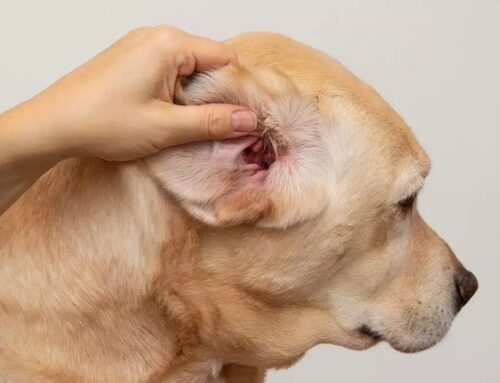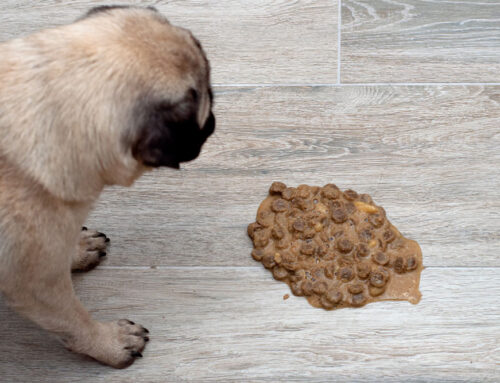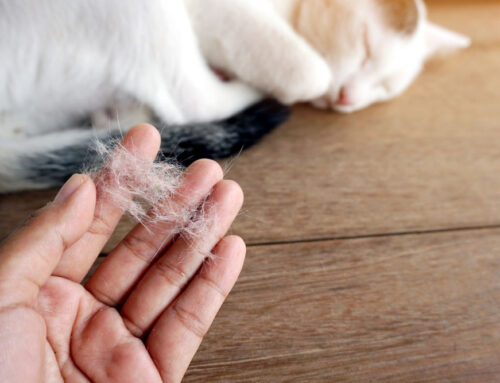As our pets age, their once boundless energy may start to wane, leaving us with a mix of concern and curiosity. Is it just the normal aging process, or is something more serious at play? Understanding the reasons behind this slowdown can empower pet owners to provide the best care possible during their pet’s golden years. At WesVet Animal Hospital in Brentwood, Tennessee, we’re here to help you navigate your senior pet’s health journey with compassion and expertise.
Understanding Why Older Pets Slow Down
The Natural Aging Process
Aging is a universal process—our pets are no exception. As dogs and cats age, their bodies undergo gradual changes:
- Mobility challenges: Reduced muscle tone and joint stiffness can make activities like jumping or climbing stairs more difficult.
- Metabolic shifts: Aging organs may process nutrients less efficiently, affecting energy levels.
- Senses dulling: Hearing and vision may decline, making your pet less eager to explore.
While these changes are expected, it’s important to differentiate between natural aging and symptoms of underlying health conditions.
Common Health Conditions in Senior Pets
Several conditions frequently accompany aging in pets:
- Arthritis: Inflammation in the joints can make movement painful.
- Cognitive dysfunction: Similar to dementia in humans, this can cause confusion and altered behavior.
- Heart disease: Reduced cardiovascular efficiency may lead to fatigue and reduced activity.
- Dental disease: Oral discomfort can cause lethargy due to chronic pain.
For an in-depth look at senior pet health, check out our 10 Pet Health Warning Signs You Should Never Ignore.
Recognizing the Symptoms of Aging
Pay close attention to changes in your pet’s behavior and physical abilities. Early detection can make a significant difference in treatment outcomes.
Physical Changes
- Hesitation or refusal to climb stairs or jump on furniture.
- Limping or stiffness after rest or mild exercise.
- Loss of muscle mass or weight gain from reduced activity.
Behavioral Changes
- Increased sleep or altered sleep patterns.
- Withdrawal from social interactions or reduced playfulness.
- Confusion or disorientation—such as getting “lost” in familiar areas.
Cats, in particular, can be masters of hiding discomfort. Learn more about recognizing stress in cats in our article, Is Your Cat Freaking Out? Signs of Feline Stress.
Preventative Care and Lifestyle Adjustments
Aging doesn’t have to mean discomfort or reduced quality of life. With thoughtful care, you can help your senior pet thrive.
The Importance of Regular Veterinary Exams
Annual (or biannual) veterinary visits are critical for early detection of age-related conditions. These exams often include:
- Comprehensive blood work to assess organ function.
- Joint evaluations to detect arthritis.
- Cognitive assessments for signs of mental decline.
Schedule your senior pet’s next check-up with WesVet Animal Hospital today: Request an Appointment.
Lifestyle Modifications for Senior Pets
Simple changes can make a world of difference:
- Diet: Switch to age-appropriate food designed for senior pets. Look for formulas rich in antioxidants and joint-supporting nutrients like glucosamine.
- Exercise: Opt for low-impact activities, such as short walks or gentle play sessions, to maintain muscle mass without overexertion.
- Comfortable living spaces: Add ramps, soft bedding, or heated pads to minimize discomfort and promote restful sleep.
For more tips on maintaining a healthy weight and mobility, read our 6 Tips to Help Your Pet Maintain a Healthy Weight.
Treatment Options and Home Care Strategies
Veterinary Treatments
The right treatments can significantly enhance your pet’s quality of life. Common interventions include:
- Pain management: Medications like NSAIDs or gabapentin to reduce discomfort.
- Nutritional supplements: Omega-3 fatty acids, glucosamine, and chondroitin for joint health.
- Therapies: Laser therapy and physical therapy sessions tailored to your pet’s condition.
Home Care Tips
- Install non-slip mats on hard floors to prevent falls.
- Use raised food and water bowls to ease strain on the neck and joints.
- Provide consistent routines to minimize confusion in pets with cognitive decline.
Remember, even small adjustments can make your pet’s daily life much more enjoyable.
How WesVet Animal Hospital Can Help

At WesVet Animal Hospital, we believe that every stage of a pet’s life deserves specialized care. From tailored senior wellness plans to advanced diagnostic tools, our team is equipped to support your aging pet every step of the way.
Why Choose WesVet for Senior Pet Care?
- A compassionate approach to pain management and mobility challenges.
- Comprehensive diagnostic services for early disease detection.
- Personalized care plans tailored to your pet’s unique needs.
Learn more about our philosophy and meet our dedicated team on our About Us page.
Watching your pet age can be bittersweet, but it’s also an opportunity to deepen the bond you share. By understanding the reasons behind their slowdown and seeking timely veterinary care, you can help your pet enjoy their golden years with comfort and dignity.
Noticing changes in your pet’s mobility or behavior? Don’t wait—reach out to WesVet Animal Hospital today. Together, we can ensure your senior pet remains happy and healthy for years to come. Contact Us Now.






Leave A Comment